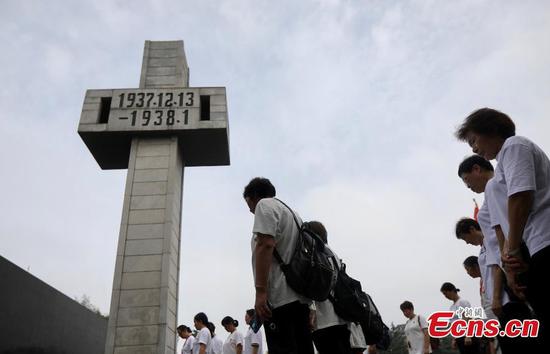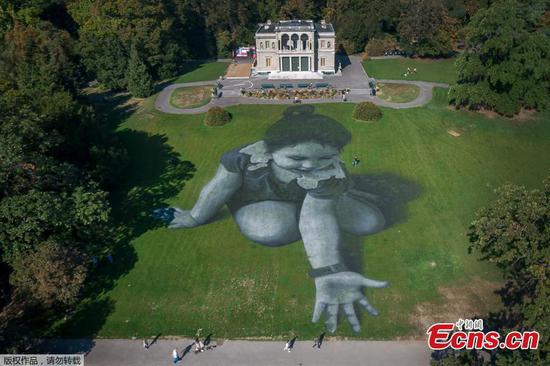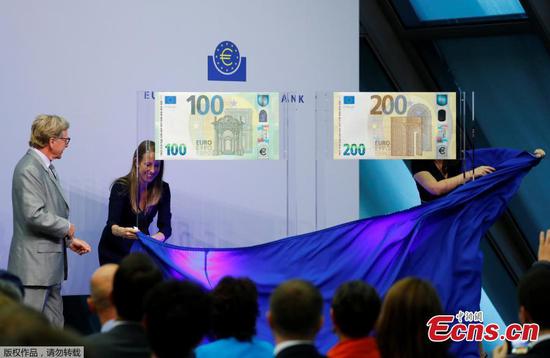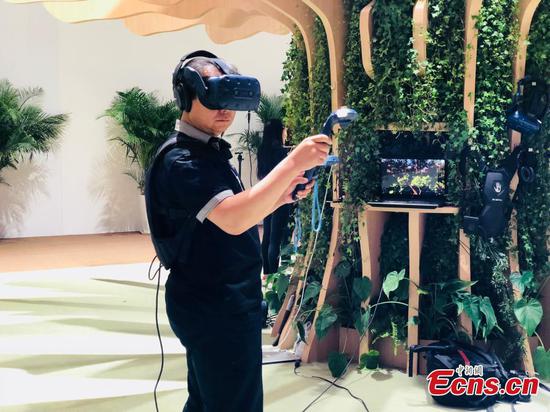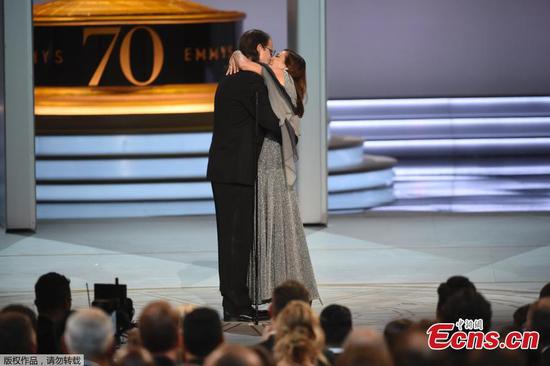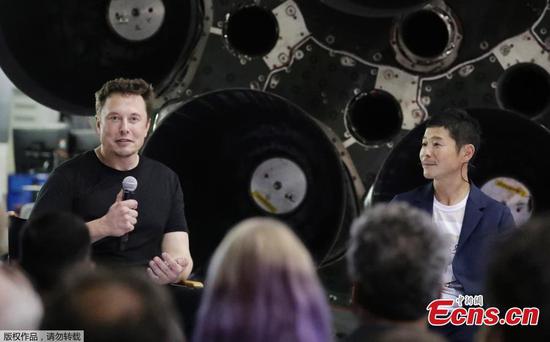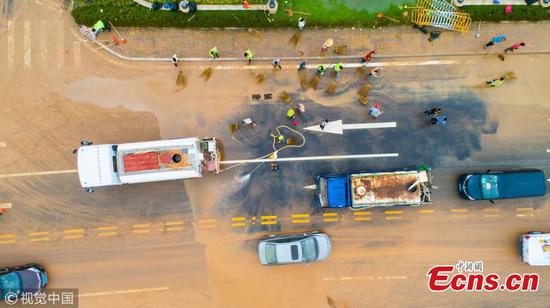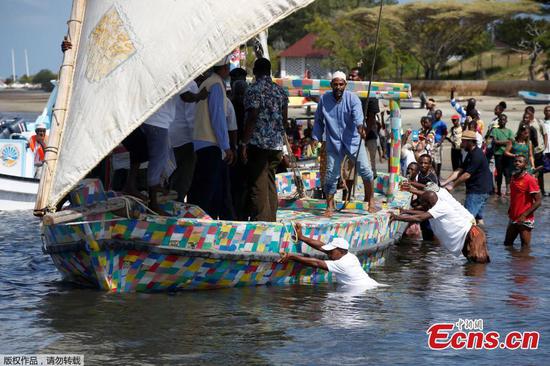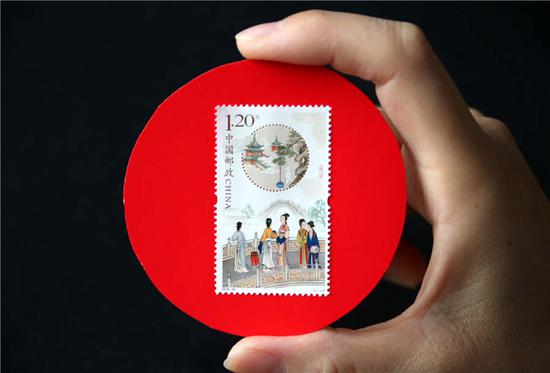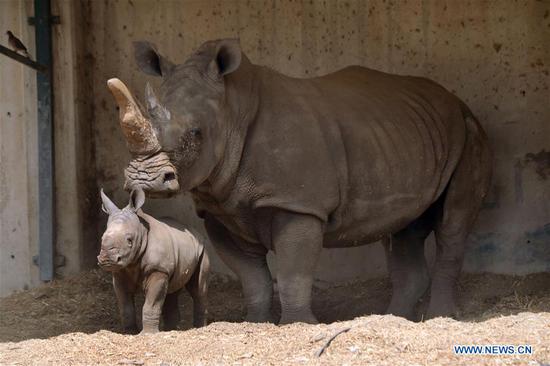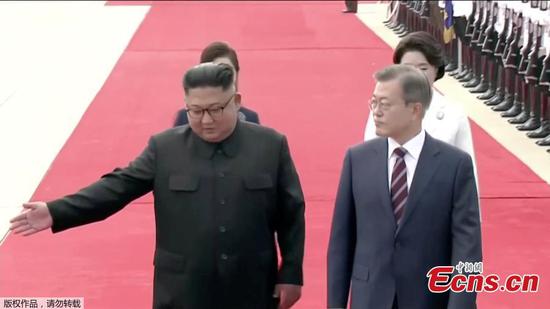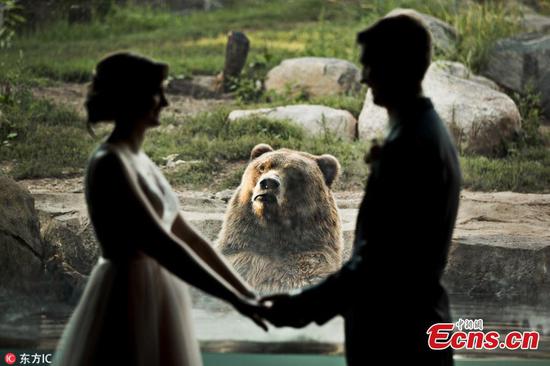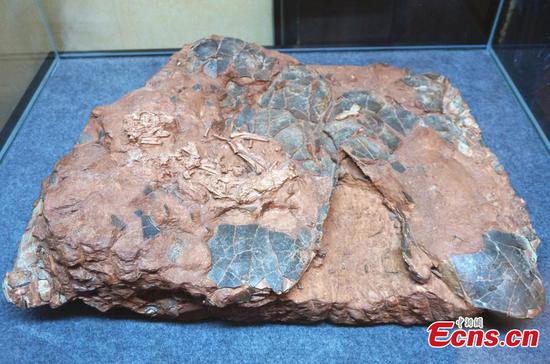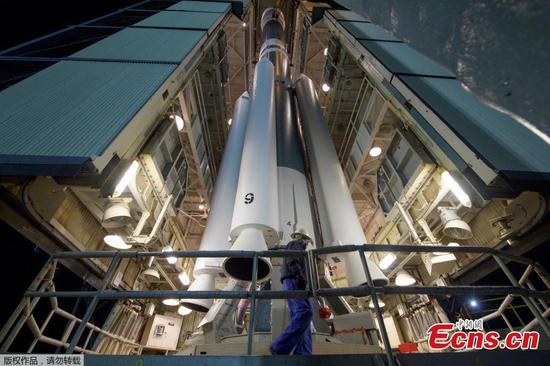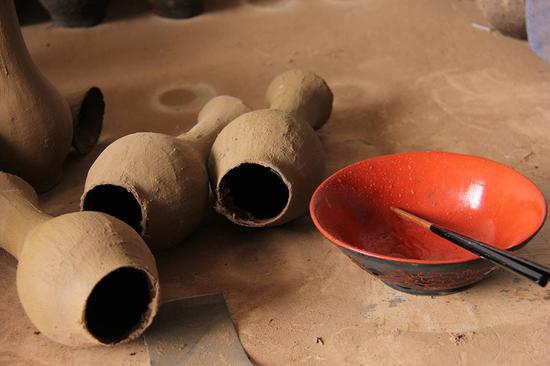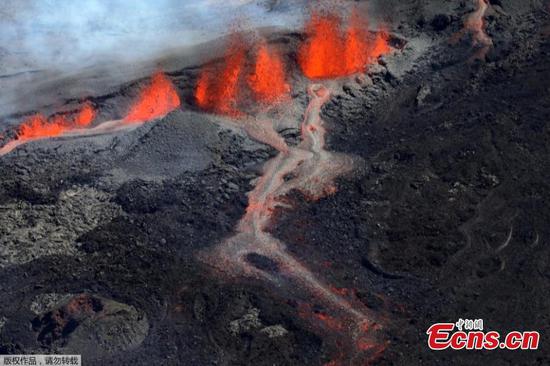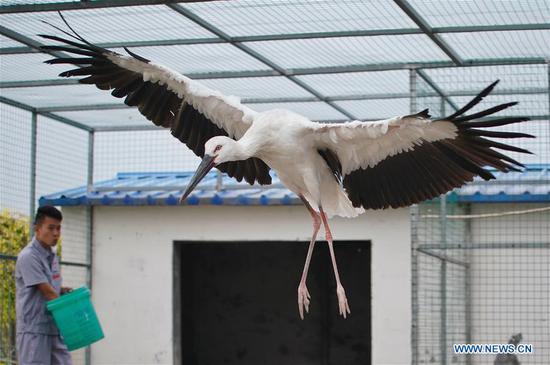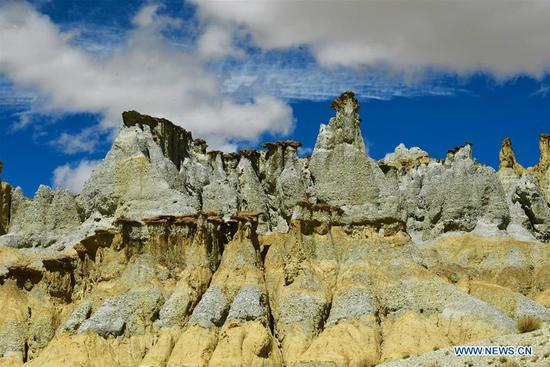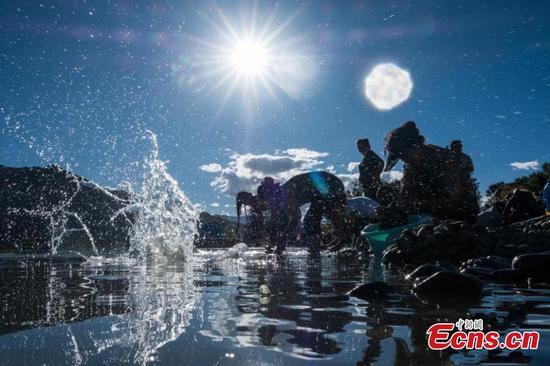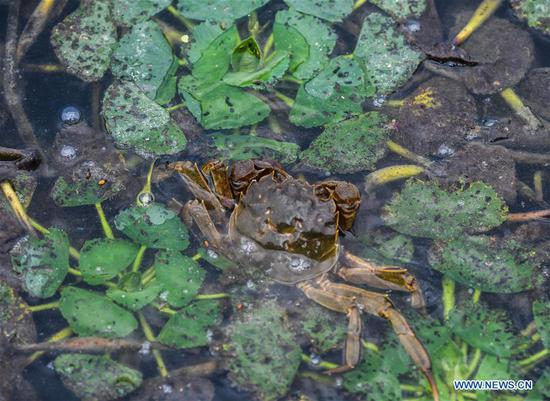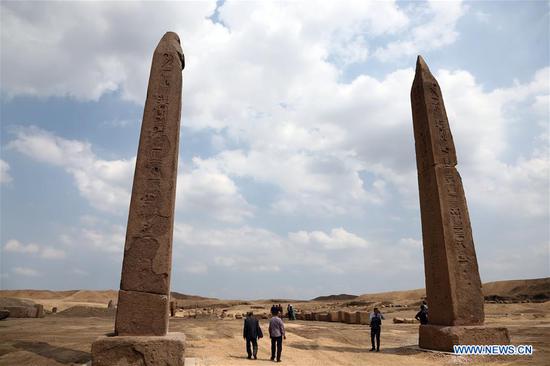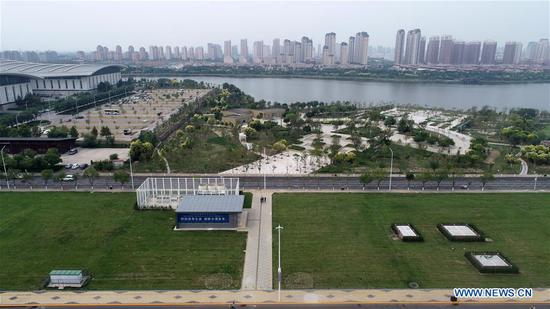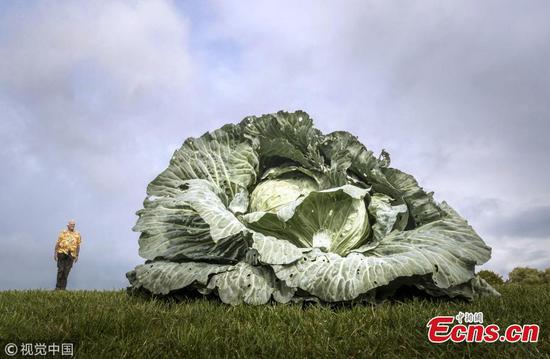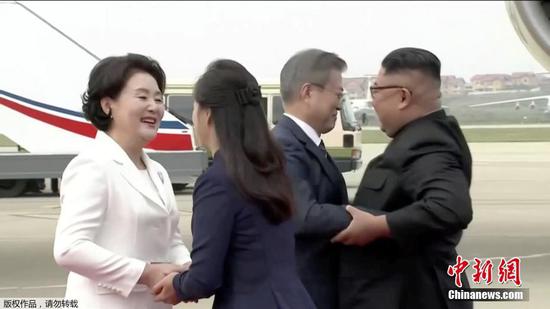The Taihe Forum on Protecting the World's Ancient Civilizations concluded at the Palace Museum in Beijing on Tuesday.
This is the third time that the Palace Museum hosted the forum.
With this year's theme being "the heritage of ancient civilizations as cultural landscapes: protecting and inheriting the culture of ancient capital cities," participants explored the sustainable development of ancient capital cultural heritages in six groups under four sub-themes.
Ancient capital cities are the highest level of integration of the brilliant civilizations, and their protection is an important project that all human beings are facing, said Shan Jixiang, director of the Palace Museum.
Shan suggested countries with ancient civilizations to deepen their partnership to jointly understand their origin, development and communication.
Mahmoud Hamoud, general director of Directorate-General of Antiquities and Museums in Syria, signed a memorandum of understanding (MoU) with Shan at the end of the closing ceremony.
According to the MoU, the two sides will cooperate to host exhibitions and share information concerning education, research, publicity, visitor services and security.
"The Palace Museum will also provide us with materials and equipment to rebuild historical heritage sites damaged by the war. The memorandum marks a new beginning," Hamoud told Xinhua. "Syria is an important station along the ancient Silk Road, and we feel familiar with and close to China."
"We look forward to choosing some of our most representative archeological findings for exhibition in the Palace Museum," he added.
Cultural heritage should be integrated into daily lives, said An Jiayao, vice president of the China Cultural Relics Academy. As a senior archaeologist, An has taken charge of a number of excavations of imperial palace ruins from the Sui (581-618) and Tang (618-907) dynasties.
She cited examples that some former imperial palace sites have been developed into parks for recreation and visitor activities.
"Protection of cultural heritage should also be combined with more publicity and education," said An, adding that this will help the public to better understand the importance cultural heritage plays.
"It is a great pleasure to speak with colleagues from countries with ancient civilizations such as China, Greece and Syria," said Paolo Giulierini, dean of Italy's National Archaeological Museum of Naples.
"Archeology of cultural heritage is instrumental because it can promote not only research but also world peace," Giulierini told Xinhua.









